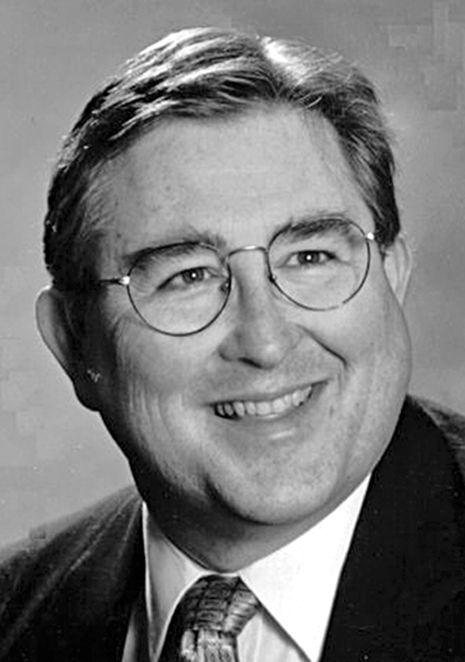By Danny Crownover
A local historical landmark burned to the ground last Monday (Jan. 22).
The structure was the old Stephen Reed Hood house located several miles north of Turkeytown in what once was the little community of Murrycross. The post office was once located next door on the north side. The house burned under mysterious circumstances.
The late Jerry Jones often talked about the house and its owner. Jerry pointed much of the history in that area. The Hood house was located on the old Hightown Path, an Indian trail that went from Charlestown, S.C., to near Memphis, Tenn.
The owner and builder of this house, Stephen Reed Hood, was a prominent Etowah County farmer and minister who has left many fine descendants still living in Etowah County. Hood was born May 26, 1818, in Franklin County, Ga., to William Henry and Winnifred Reed Hood, both natives of North Carolina. William was born in Burke County in 1772. The couple later moved to old Pendleton County, S.C. William was the son of Solomon and Sarah Hood.
Stephen Reed Hood married Jane Sewell, daughter of John and Mary Richmond Sewell, on May 23, 1841, in Franklin County, Ga. Both the Sewell and Hood families had moved to Franklin County, where they lived until soon after Nov. 25, 1855, which was the birthdate of their daughter Huldah. The family moved to Cherokee (now Etowah) County and settled on a farm on the Centre Highway. Stephen Hood became a large landowner, and according to the 1860 census records, he owned no slaves.
The children of Stephen Reed and Jane Sewell Hood were Angeline Hood, John S. Hood, William Hamilton Hood, James Milton Hood, Mary Elizabeth Hood, Sim-eon M. Hood, Huldah J. Hood, George Washington Hood, Susan A. Hood, Laura Celia Hood and Joseph B. Hood.
At the outbreak of the Ci-vil War, Stephen entered the service and served as captain of Company D of the 2nd Alabama Infantry Regiment. His son John joined the company as a private. Originally known as the Cherokee Beauregards, the unit was named after Cherokee County and Confederate General Pierre Gustave Toutant Beauregard, the hero of Fort Sumter and the Battle of First Manassas.
The 22nd was first organized on Oct. 6, 1861, and was encamped at Mobile during that winter. Members of the company were recruited from Calhoun, Cherokee, Choctaw, Clarke, Mobile, Montgomery, Pike, Randolph, and Walker counties.
While the 22nd was encamped at Mobile during the winter of 1861-62, Captain Hood became severely ill and received a surgeon’s certificate of disability endorsed by General Braxton Bragg, the Gulf District Commander.
Stephen reluctantly resigned his commission on Jan. 10, 1862 and returned home. John continued to serve in the regiment. Stephen resumed his career in the ministry and served in that capacity until his death. Stephen’s main livelihood remained farming, however, and by 1880 he owned 380 acres valued at $2,325.
Stephen Hood was the first minister of the Advent Christian Church in North Alabama. About 1857, he was a founder of the Le-banon Advent Christian Church in the Coats Bend community of Cherokee County, now Etowah County. The church is now disbanded, and the original log church – later covered with clapboard siding – was torn down during the 1970s. The Lebanon Cemetery was established adjoining the church, with the first burial in 1858.
Stephen Reed Hood died on Sept. 13, 1883 in Gadsden and is buried at Lebanon Advent Cemetery.




